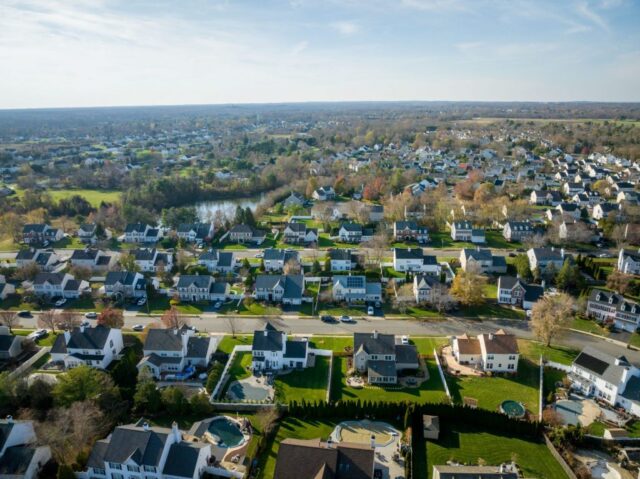For homeowners looking to build from the ground up, new construction in NJ involves a detailed process that combines architectural design, engineering, and strict compliance with state codes. Whether you’re considering a custom single-family home or a large-scale estate, understanding the technical side of new construction helps you make informed decisions.
1. Site Evaluation and Preparation
The first step in new construction is evaluating your lot. Builders conduct soil testing to determine load-bearing capacity and drainage. In New Jersey, properties in coastal or wetland areas may also require environmental impact assessments and flood mitigation strategies.
2. Architectural and Engineering Design
Modern new construction in NJ integrates structural engineering with aesthetic design. Key considerations include:
- Load-bearing systems: Steel vs. wood framing
- Energy efficiency: NJ requires compliance with the International Energy Conservation Code (IECC)
- HVAC design: Proper duct sizing to ensure airflow across varying seasonal temperatures
3. Foundation and Structural Systems
Foundation design depends on soil conditions. In North Jersey’s rocky terrain, excavation often involves blasting, while South Jersey’s sandy soils require reinforced concrete footings. Builders must also comply with frost line depth (typically 36 inches in NJ) to prevent shifting during freeze-thaw cycles.
4. Mechanical, Electrical, and Plumbing (MEP) Systems
Technical aspects of new construction include:
- Electrical: Meeting NJ’s adoption of the National Electrical Code (NEC), with sufficient amperage for modern smart homes
- Plumbing: Proper venting and insulation to prevent winter pipe bursts
- Mechanical systems: High-efficiency furnaces, heat pumps, and whole-home ventilation to improve indoor air quality
5. Inspections and Compliance
Throughout new construction, inspectors ensure compliance with NJ’s Uniform Construction Code. Required inspections include foundation, framing, insulation, and final occupancy. Missing or failing an inspection can cause major delays.
6. Technology in New Construction
The best NJ builders now integrate Building Information Modeling (BIM) and project management software, allowing homeowners to see 3D visualizations and track progress in real time.
Understanding the technical side of new construction in NJ ensures homeowners are prepared for the process. From site preparation to final inspections, partnering with a knowledgeable builder makes the journey smoother, more efficient, and more rewarding.

